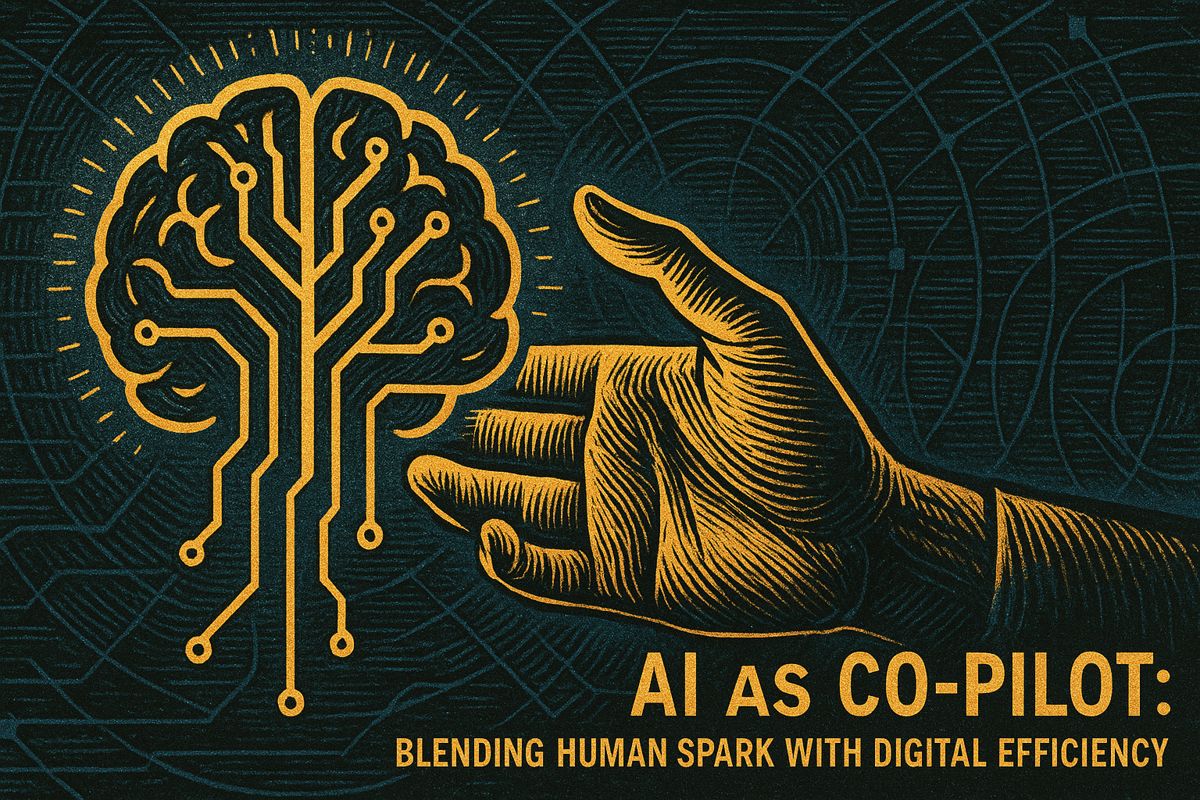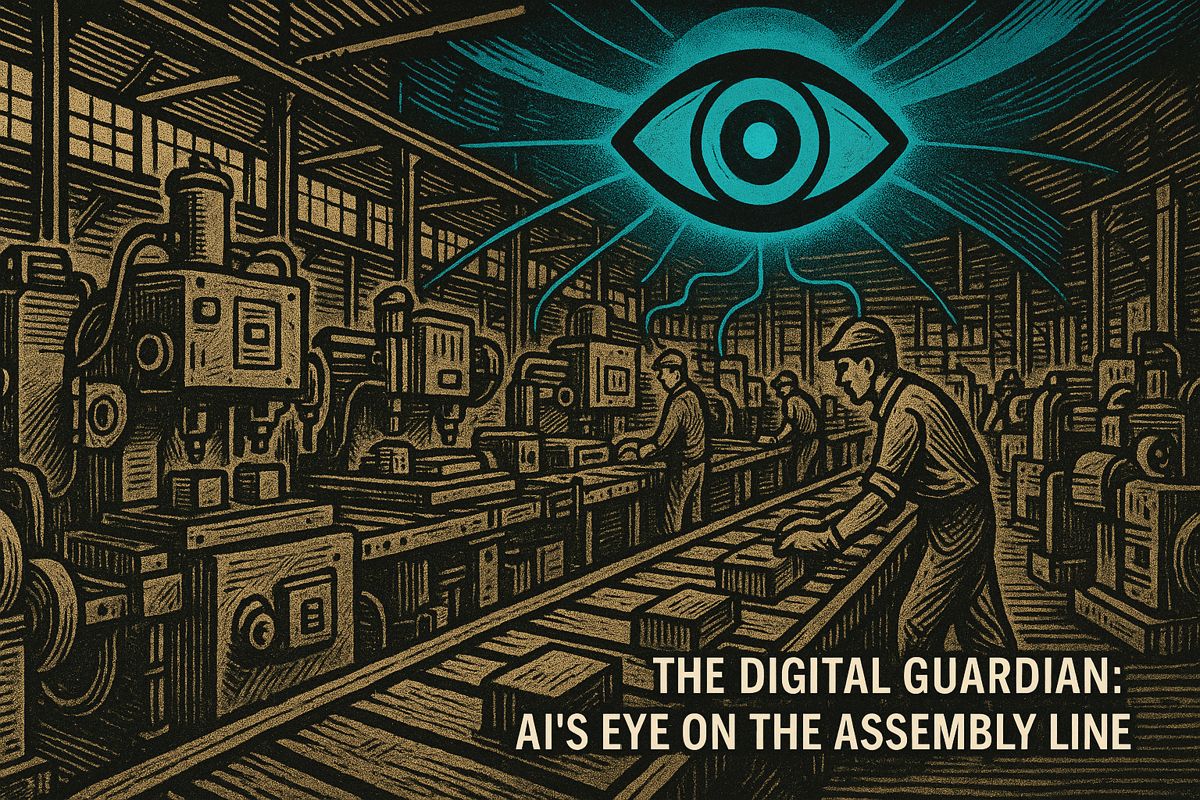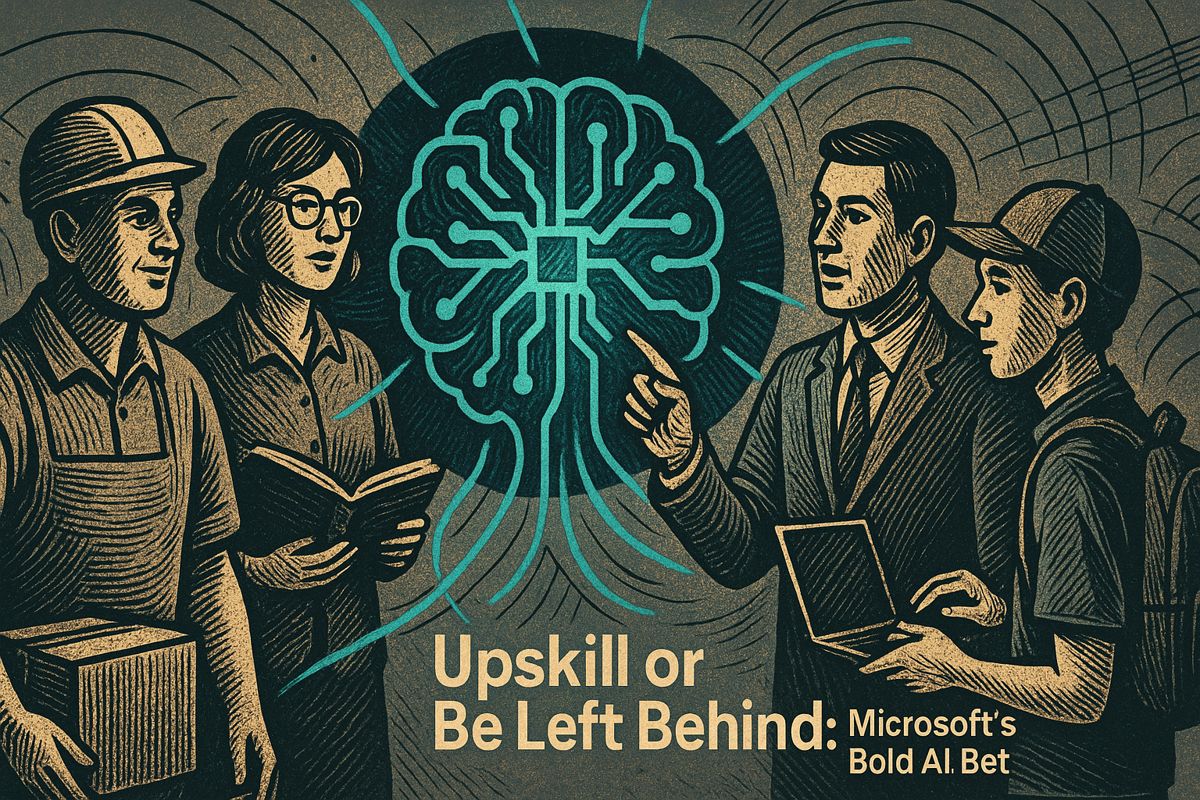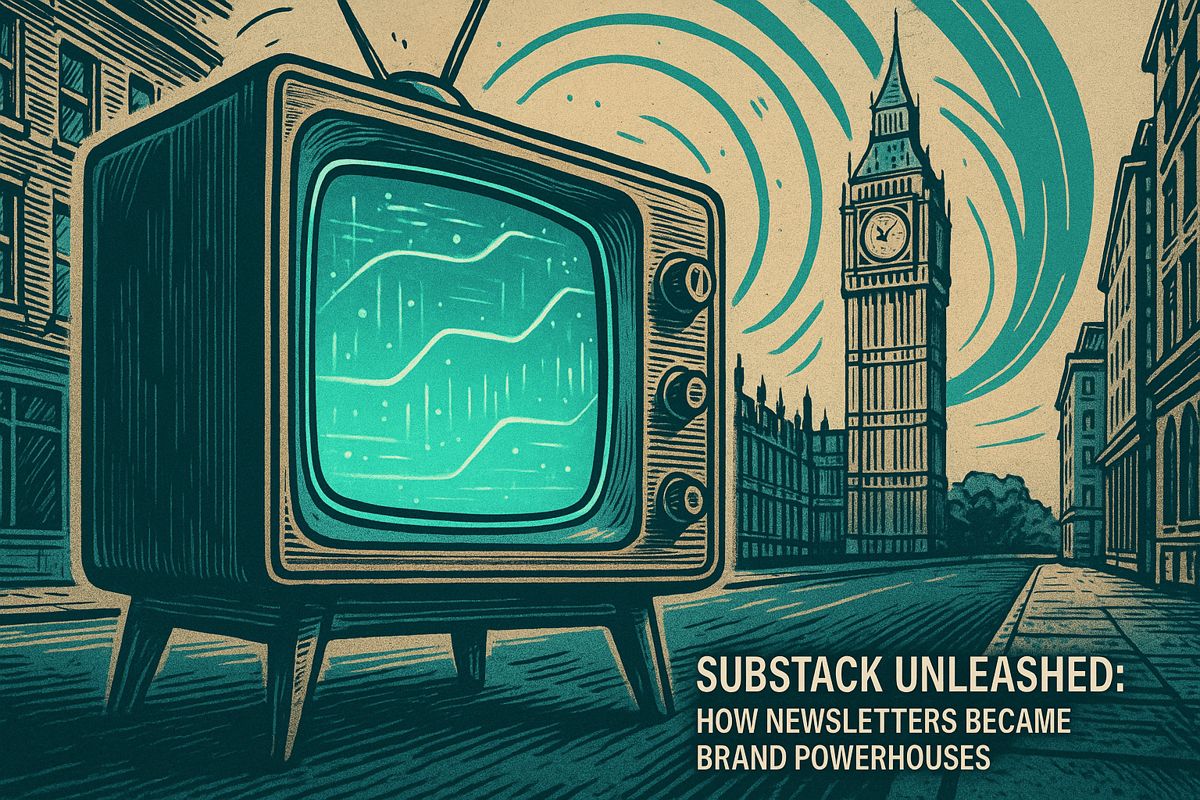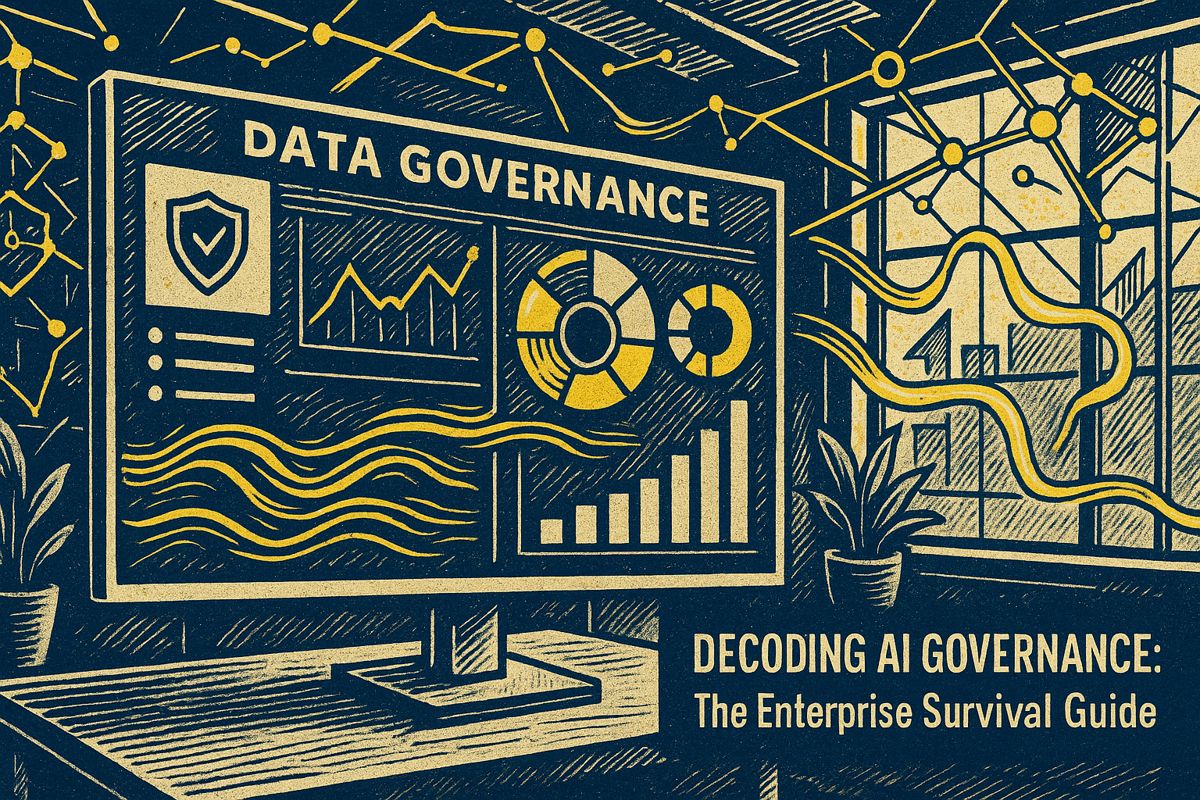Grammarly says AI should be a helper, not the boss, for content creators. Imagine AI as a super-fast assistant that drafts ideas and outlines, but humans add the sparkle and make sure it sounds like your brand. This way, you can create more content, and it still feels real and engaging to people. It’s like having an extra set of hands that works tirelessly, but your creative brain is still in charge, making sure every word shines. This teamwork leads to better results, with campaigns getting more attention and clicks.
What is Grammarly’s approach to AI for content marketers?
Grammarly advocates for AI as a co-pilot, not the driver, emphasizing human augmentation over full automation. Their philosophy, “human-in-the-loop,” positions AI to scale output by assisting with drafting and outlining, while human creativity and editors maintain brand voice, ensure authenticity, and deliver the final polished copy. This collaboration has shown to increase engagement.
Night Owls and Not-So-Sleepless Marketers
Sometimes, you just stumble across a webinar in the thick of midnight emails—half-distracted, half-hopeful. That was me at Grammarly’s recent AI for content marketers session. The memory of my early marketing days in Bangkok still stings: solo, under-caffeinated, and always praying the cursor would finally move. Back then, AI was a punchline. Today, it’s an extra set of hands—confident, a bit cold, but invaluable as a second brain.
I recall my 2021 stint with a scrappy SaaS team on Silom Road. We had deadlines like monsoon thunder—relentless, echoing, impossible to ignore. Someone suggested we try a new AI tool (I won’t name it, but let’s say it rhymed with “Frosty”). The first output? “Our product is your best friend, like a dog that never barks.” My reaction was somewhere between confusion and a laugh-snort. Who writes this stuff? Still, we tinkered. We learned. Sometimes, you have to crash a bike before you learn to ride it.
Grammarly’s Approach: Augmentation, Not Automation
Grammarly’s main thesis is clear: let AI be the sous-chef, not the head chef. Their advice? Keep the human hand visible. The real creativity—those hints of lemon zest or a sudden dash of paprika—should come from you, not the algorithm. I remember the presenter’s voice, crisp as a fresh spreadsheet, insisting that AI is best for scaling output—drafting, outlining, catching those embarrassing “teh” instead of “the” moments. But it never replaces that late-night flash of inspiration.
They’re not just talking theory. Grammarly is both AI builder and prolific publisher, so they test these workflows in their own trenches. Internal feedback loops, real editors in the mix—always, the human “in the loop” is the last line of defense. I had a moment of doubt, remembering how easily AI can slip into uncanny valley territory (who hasn’t cringed at a robotic press release?). Yet, the data is convincing: campaigns with human-AI collaboration saw higher open rates, sometimes spiking by 15-20%. “AI gets you to ‘good enough’—editors get you to ‘good enough to share.’”
Brand Voice: Authenticity Over Automation
Let’s puncture the AI hype balloon: efficiency isn’t everything. You want your brand to feel like a handshake, not a robocall. Grammarly’s “human-in-the-loop” philosophy is a sanity filter. AI churns out drafts with the speed of a high-speed rail, yet the quirks, the off-beat metaphors—like comparing a content strategy to a chef’s mise-en-place or the scent of fresh newsprint—only come from a human who knows what matters.
I had to unlearn the urge to let AI run wild: it needs a leash. Marketers can crank out more blogs and social bursts, but it’s the human editor who stops the weird dogs-from-the-metaphor factory at the door. Rinse, repeat, and repeat again—until the style sticks. And I’ll admit, once, I let an AI draft slip through with an awkward phrase about “cloud synergy.” Ouch. Lesson learned: always tweak, always reread.
Measuring the Magic: Collaboration Drives Results
The numbers don’t fabricate themselves. Teams that blend AI and human finesse see more engagement, not just more output. One marketer said, “AI is the intern who never sleeps, but you still need a manager.” That stuck with me—probably because I once was that intern, bleary-eyed, missing the forest for the trees. Grammarly’s own test cases prove it: when genuine voices shape the final copy, audiences respond.
No, AI isn’t stealing writers’ jobs. It’s just another tool—like Trello or Google Analytics or, dare I say, a French press at 2 a.m.—that lets us do more, but never replaces the need for a living, breathing editor. Some days, that’s comforting. Other days, it’s a reminder (sigh) that there’s always more to learn.
So, sure, let AI pitch in. But keep your pen in hand. And if an AI ever suggests your product is “like a dog that never barks,” maybe just… edit that out.

